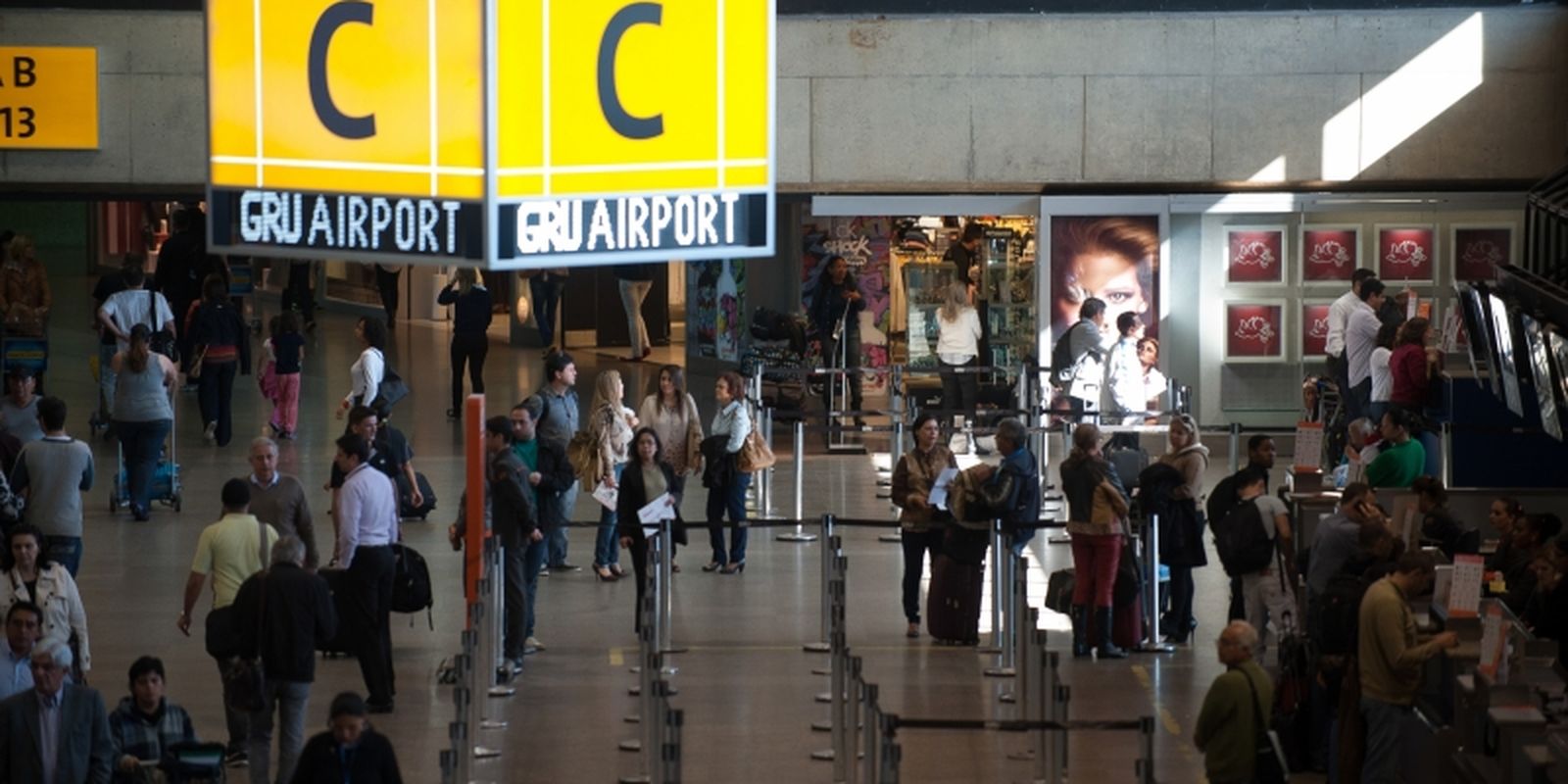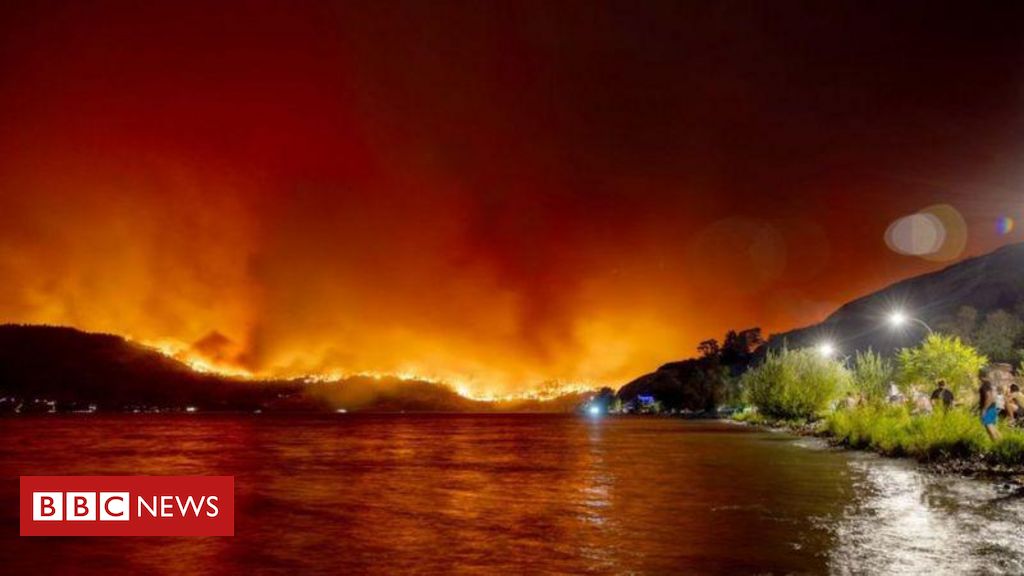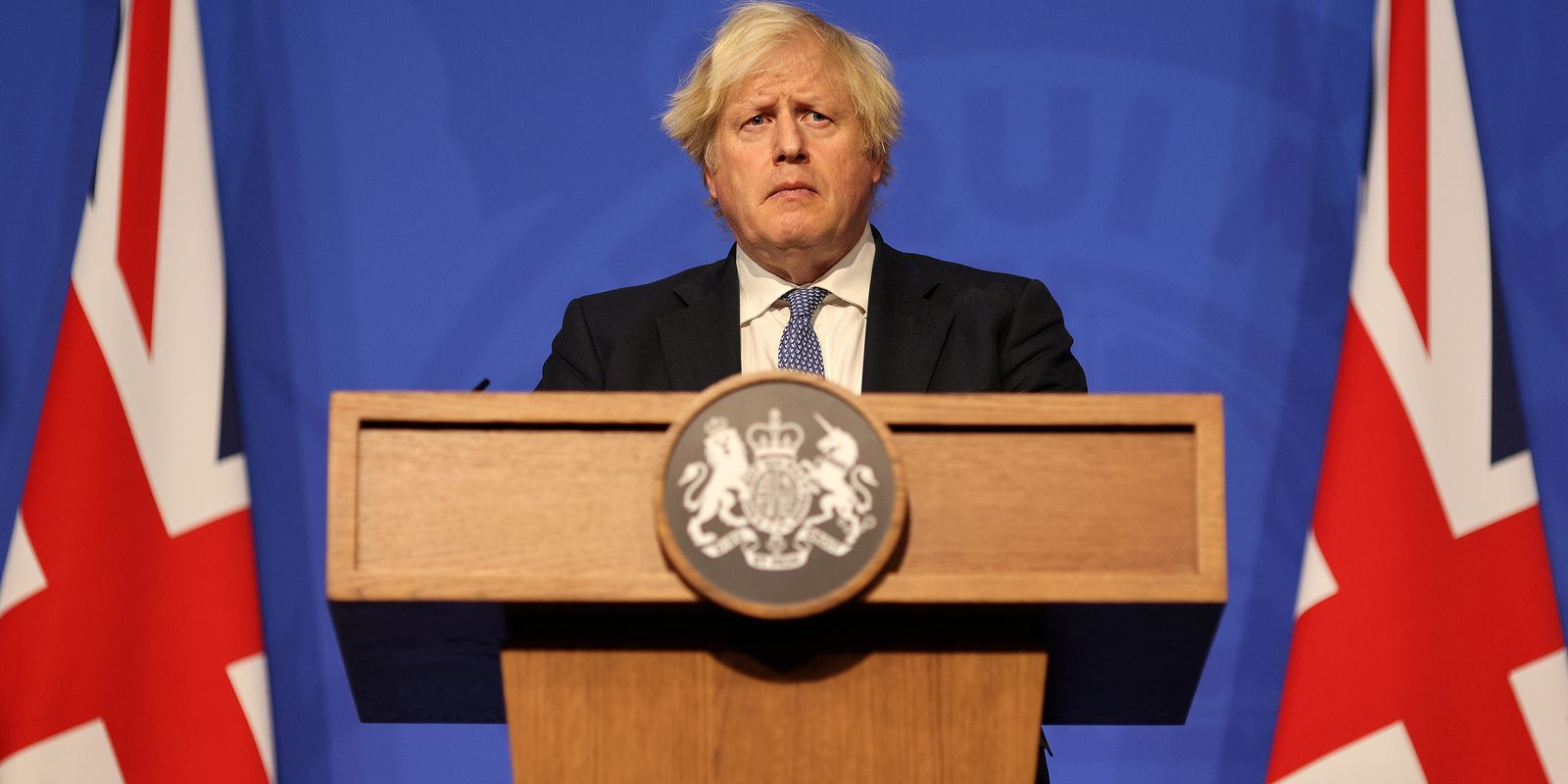Meta’s decision to ban content from news companies on its Facebook and Instagram platforms in Canada in response to a new law requiring payment for the use of media-produced material is coming under heavy criticism amid the raging wildfires. several cities in the country.
Major news outlets, such as the CBC network, and small local vehicles in one of the at-risk towns, Yellowknife, are unable to publish information about the situation and evacuation plans.
Meta spokesman David Troya-Alvarez told CBC that audiences in affected regions can use the company’s social media channels to connect with their communities and access trusted information, including content from official government agencies, emergencies and non-governmental organizations.
The company also said it enabled a feature known as Safety Checkup, which allows a user to click a button to update their status and let friends and family know they’re safe. shelter from forest fires.
No news on forest fires in Canada
But if the user tries to share information from a reliable medium, which is the result of verification and verification by professional journalists, the subscribers will see a message that the content is not available in the country.
To circumvent the blockade, the inhabitants find an alternative way: to share screenshots of the communication vehicles.
However, there are reports that some of this content is also blocked on Meta’s networks.
In the face of criticism, the Canadian government again criticized the position of the American social media company, saying it was “deeply disappointed” by Meta’s continuation of “irresponsible and irrational” policy of blocking information on its platforms. .
This fight is taking place because Canada has followed in the footsteps of other countries such as Australia, Italy and France, in regulating the financial compensation of journalistic companies for the distribution of their content on the platforms, even if it is published by users and not by themselves.
However, Meta and Google say the Canadian law is impossible to enforce, unlike other countries, where it has ended up being compromised with media organizations.
The two Big Techs affected by the legislation (Meta and Google) therefore decided to confront the government and ban information on their platforms.
Read also | How Canada’s New Paid Content Law Could Change the Future of Journalism

“Freelance communicator. Hardcore web practitioner. Entrepreneur. Total student. Beer ninja.”








